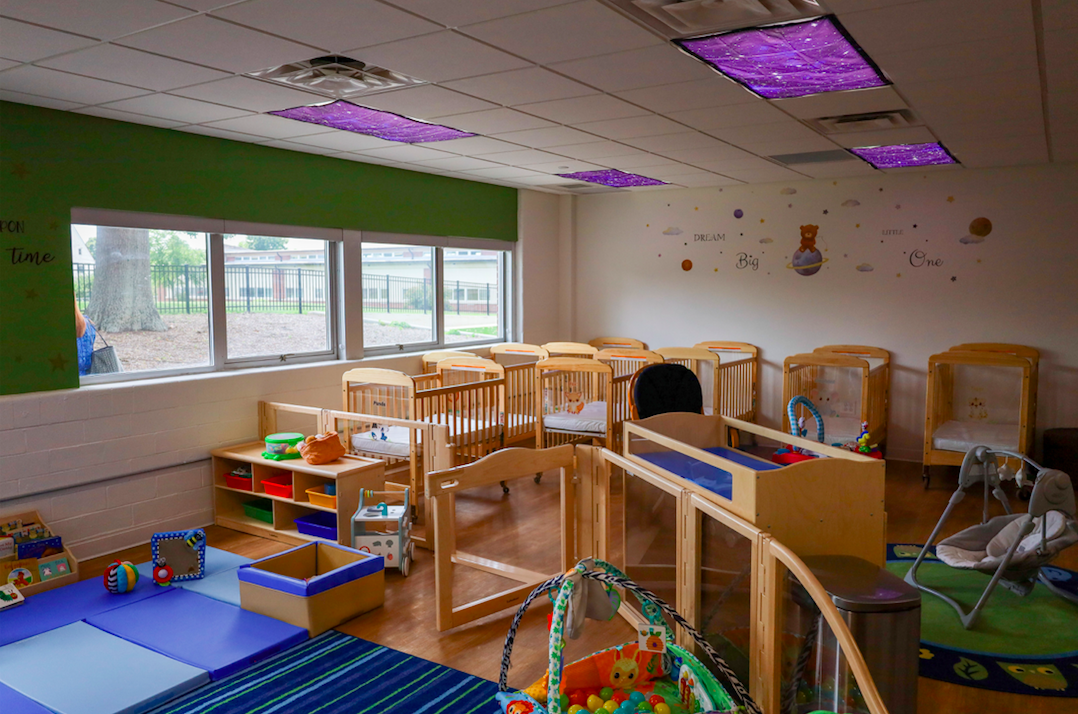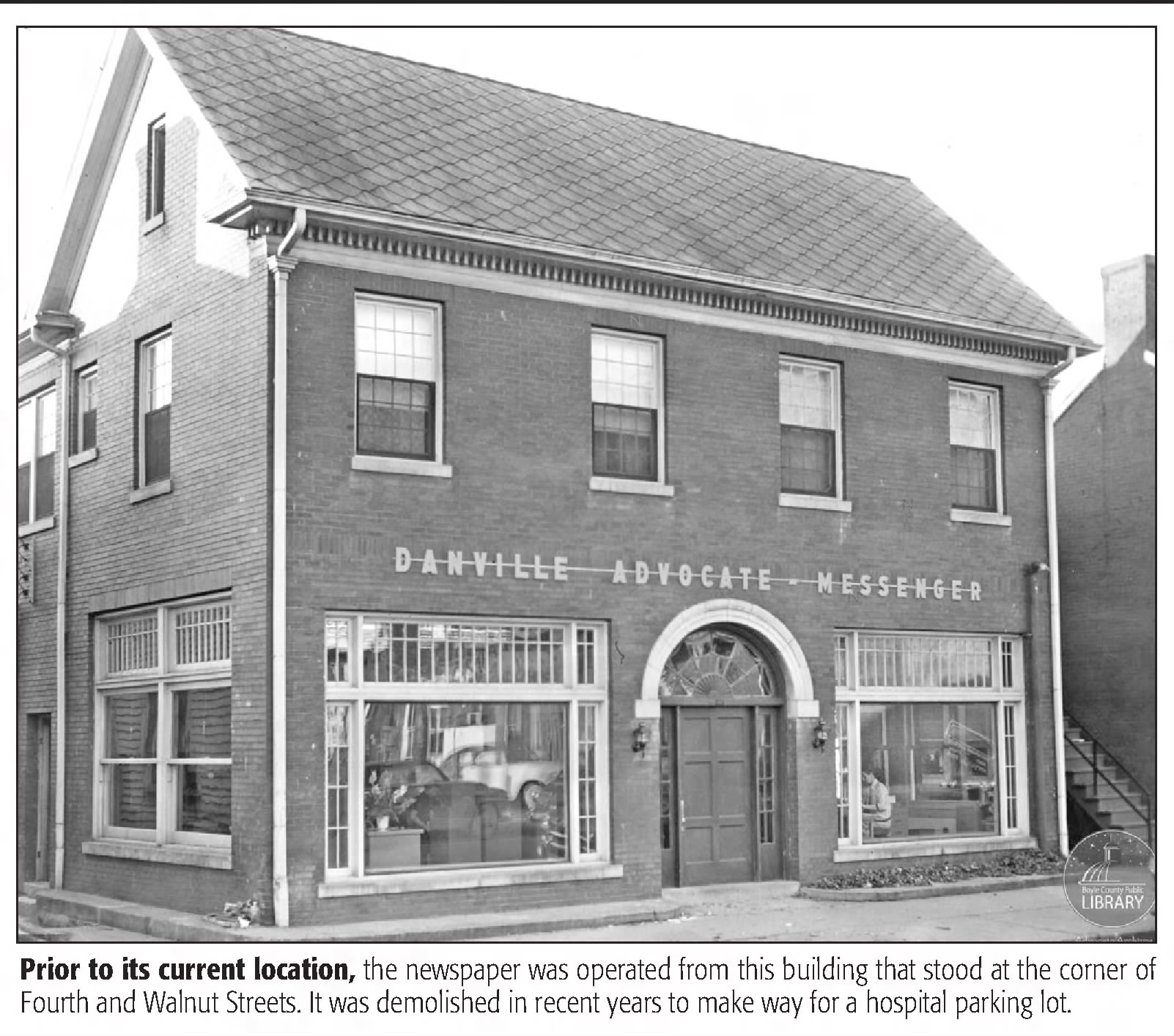Centre students show how to tackle drug epidemic
Published 6:07 am Tuesday, December 4, 2018
EDITORIAL
The Advocate-Messenger
The drug epidemic hurting many Boyle County residents is no doubt the most important, most complicated problem facing us today. It affects individuals’ lives, as well as their families and their friends. It affects our schools, our health care system, our law enforcement officers, our justice system, our local governments and our tax rates. The scale alone is beyond almost anyone’s ability to comprehend, making it difficult to wrap your head around even basic questions like, “What exactly is the problem?” or “Will this new idea help?”
But a scrappy group of Centre College students put their minds to the issue nonetheless this semester. After studying, researching, asking questions and questioning assumptions for months, they came away with some valuable insights.
Like the fact someone struggling with drug addiction isn’t struggling alone. Their family members and friends struggle with them. Sometimes, family members struggle with the same addiction; sometimes they struggle to know how to help.
Or the problem of how the community understands drug addiction.
For many who don’t know any better, drug addiction is still thought of as a choice, as something bad people do, even as a sad punishment. These are regressive ideas left over from the “War on Drugs” days when the entire nation seemingly left its brain at the door and decided that the best way to deal with people battling addiction was to lock them up and throw away the key.
The students, who presented their research to numerous community bigwigs last week in Vahlkamp Theater, identified that many in Boyle County may still not truly view addiction as a medical problem. While it’s widely accepted to say, “addiction is a disease,” a true understanding of what that phrase means hasn’t saturated the community.
The students also pointed out that recovery is more difficult for some groups such as women and gay men, who have fewer options available for rehabilitation and treatment. There are also more barriers for the poor because treatment can be expensive.
Other points the students made include that people in recovery should be given more input and control over how the community tries to help those battling addiction; and that we shouldn’t fall into the trap of thinking there’s a silver bullet, such as “education.”
If Boyle County is going to respond to opioids and the toll they take in an effective, successful way, it will take a lot of us turning on our brains, asking questions and gaining insights like these students did. We could all learn a thing or two from their examples.






